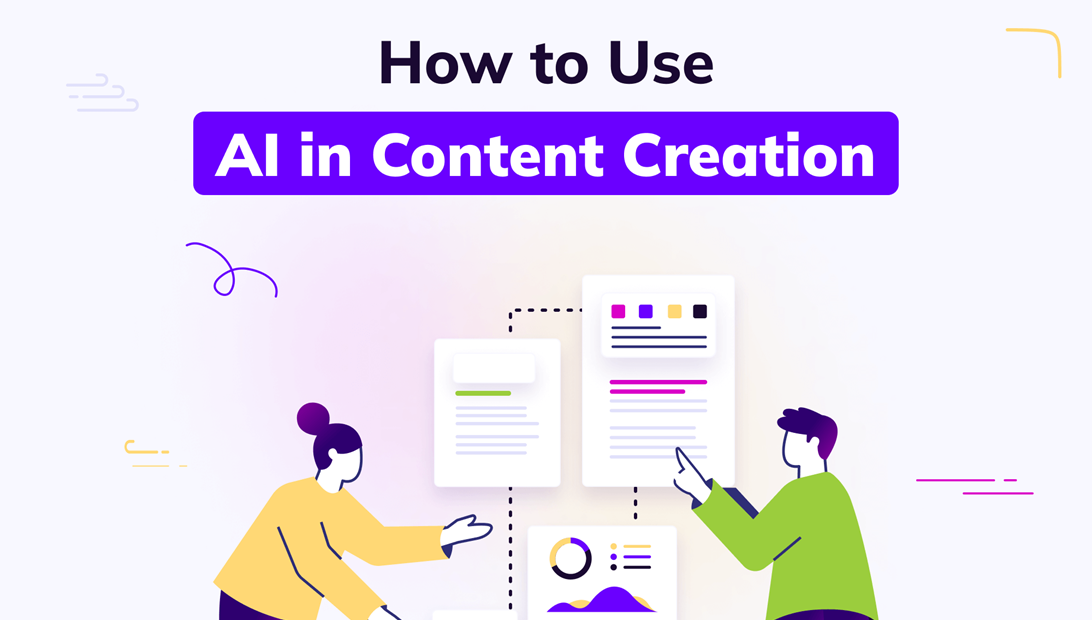
How to create content that AI platforms love to recommend
 August 14, 2025
August 14, 2025
 Team Beyond words
Team Beyond words
Not long ago, being discovered online meant winning the SEO game or riding the wave of social media algorithms. But the way people find information is changing fast.
Today, more and more users are asking AI tools like ChatGPT, Gemini, and Perplexity for answers instead of Googling them. These platforms don’t just link to results, they give the answers directly, often referencing or paraphrasing content from credible sources.
That means the real question is: How do you create content that these AI platforms actually discover and recommend?
Why AI Recommendation Is the New Visibility Game
Unlike traditional search engines, AI doesn’t rank your content on a results page. It sifts through vast amounts of data and picks what it sees as the most useful, trustworthy, and clear answer to a user’s question.
It looks for:
- Accuracy – verifiable facts from credible sources.
- Authority – expertise that’s backed up with proof.
- Clarity – well-structured, easy-to-read content.
- Relevance – content that directly answers the question and anticipates follow-ups.
If your content ticks all those boxes, you’re more likely to be the voice AI repeats back to millions of users.
Principles for Creating AI-Friendly Content
1. Be Factually Bulletproof
AI tools have a healthy distrust of fluff. They lean on facts they can cross-verify from reputable sources.
- Use data from trusted studies, official reports, or industry benchmarks.
- Back up claims naturally with context (“According to a 2024 HubSpot report, 82% of…”).
- Avoid outdated stats. AI is increasingly pulling from current sources.
2. Write for Clarity, Not Cleverness
Human readers may love witty wordplay, but AI thrives on clarity.
- Use headings and subheadings to break down topics.
- Keep sentences short and purposeful.
- Summarise key points in bullet lists or tables.
3. Cover Intent, Not Just Keywords
Search used to be about keywords. AI is about intent.
- Ask: “What’s the real question behind this question?”
- Offer context and anticipate the next query.
- Example: If someone searches “best productivity apps,” also cover cost, features, and suitability for different work styles.
4. Balance Evergreen and Timely Insights
AI prefers evergreen content because it’s consistently relevant, but it also values up-to-date examples.
- Blend timeless advice with current data or trends.
- Update older posts with new stats so they stay in circulation.
5. Keep It Human
Even though AI surfaces your content, humans are the ones reading it.
Use relatable examples.
- Add brand personality without overcomplicating.
- Share personal observations or real-world scenarios AI can’t invent.
Formatting Tips for AI Discoverability
The way you present information matters as much as what you say.
- Use structured sections (H2s, H3s) so AI can scan easily.
- Incorporate lists and tables for quick reference.
- Add schema markup so search engines and AI understand your content’s context.
- Highlight author expertise with a clear bio and credentials.
- Maintain consistency across your website and social platforms to build credibility.
The Sweet Spot: Writing for Humans and Machines
Writing for AI recommendation isn’t about pleasing robots, it’s about making your expression easy to find, understand, and trust. When you combine human-friendly storytelling with machine-friendly structure, you create content that AI is happy to quote, and humans are happy to share.
In a digital landscape where AI is becoming the first stop for answers, the brands that win will be those who speak clearly, cite wisely, and offer real value worth repeating.
At Beyond Words, we craft content and websites that are both SEO-friendly and AI-ready, so your brand stays discoverable no matter how people search. Contact us for success!


